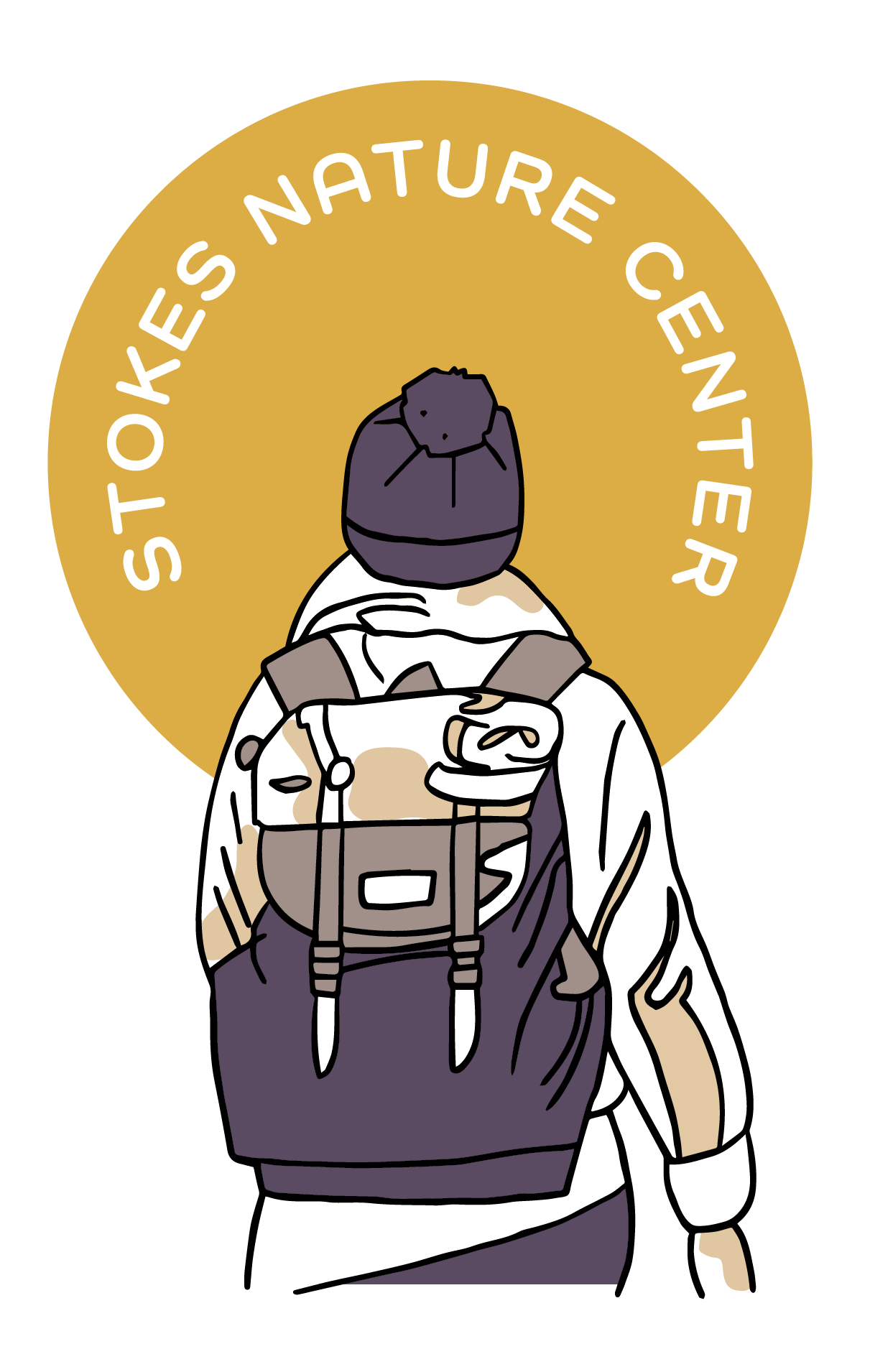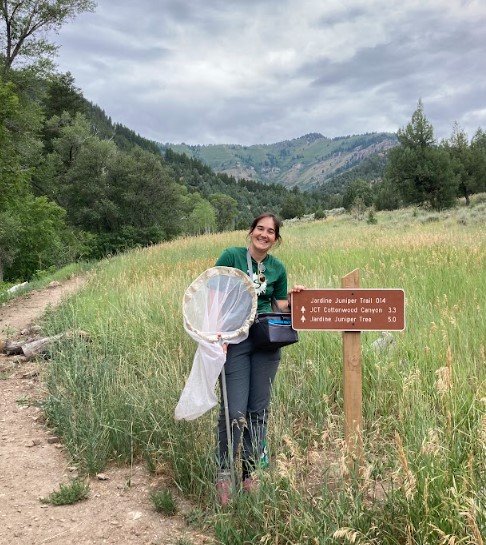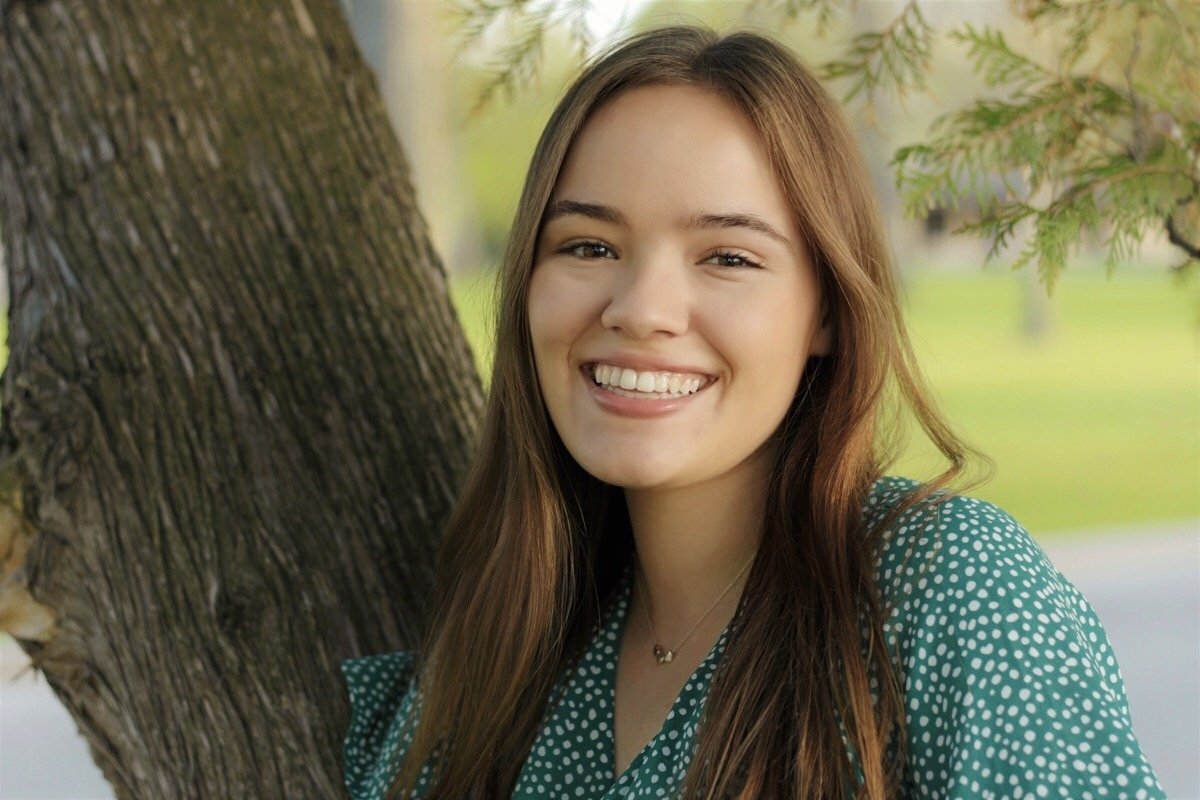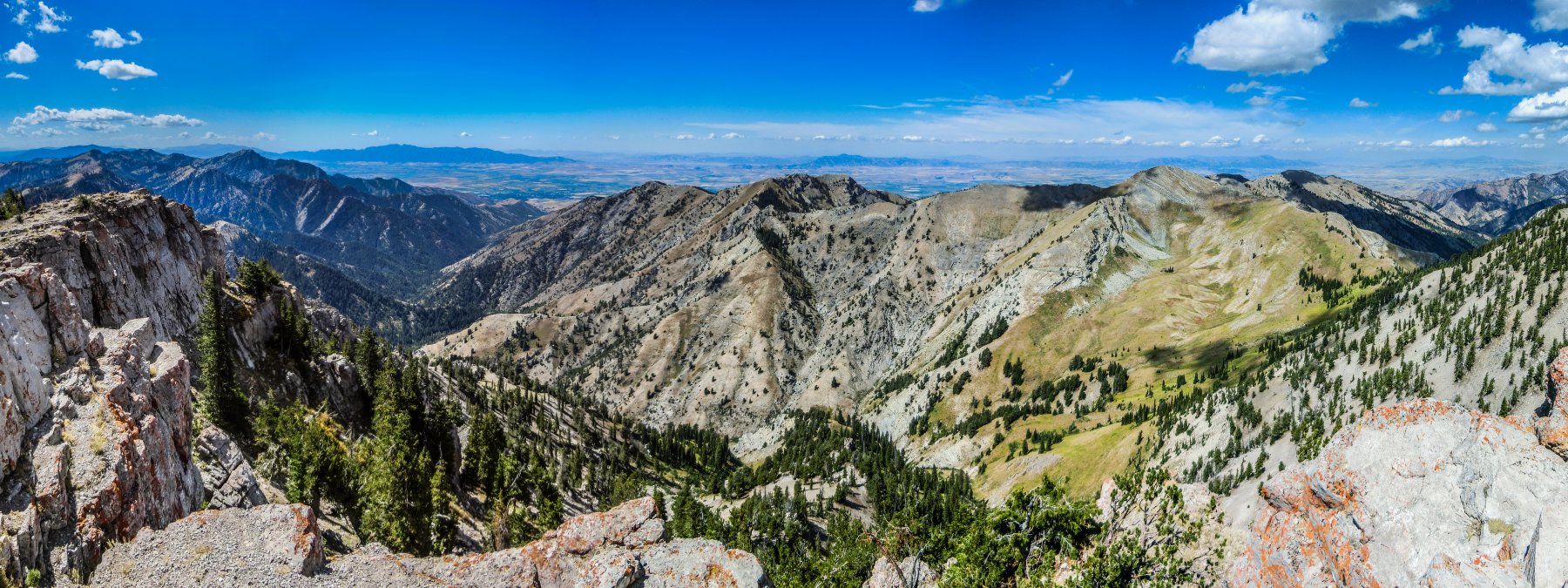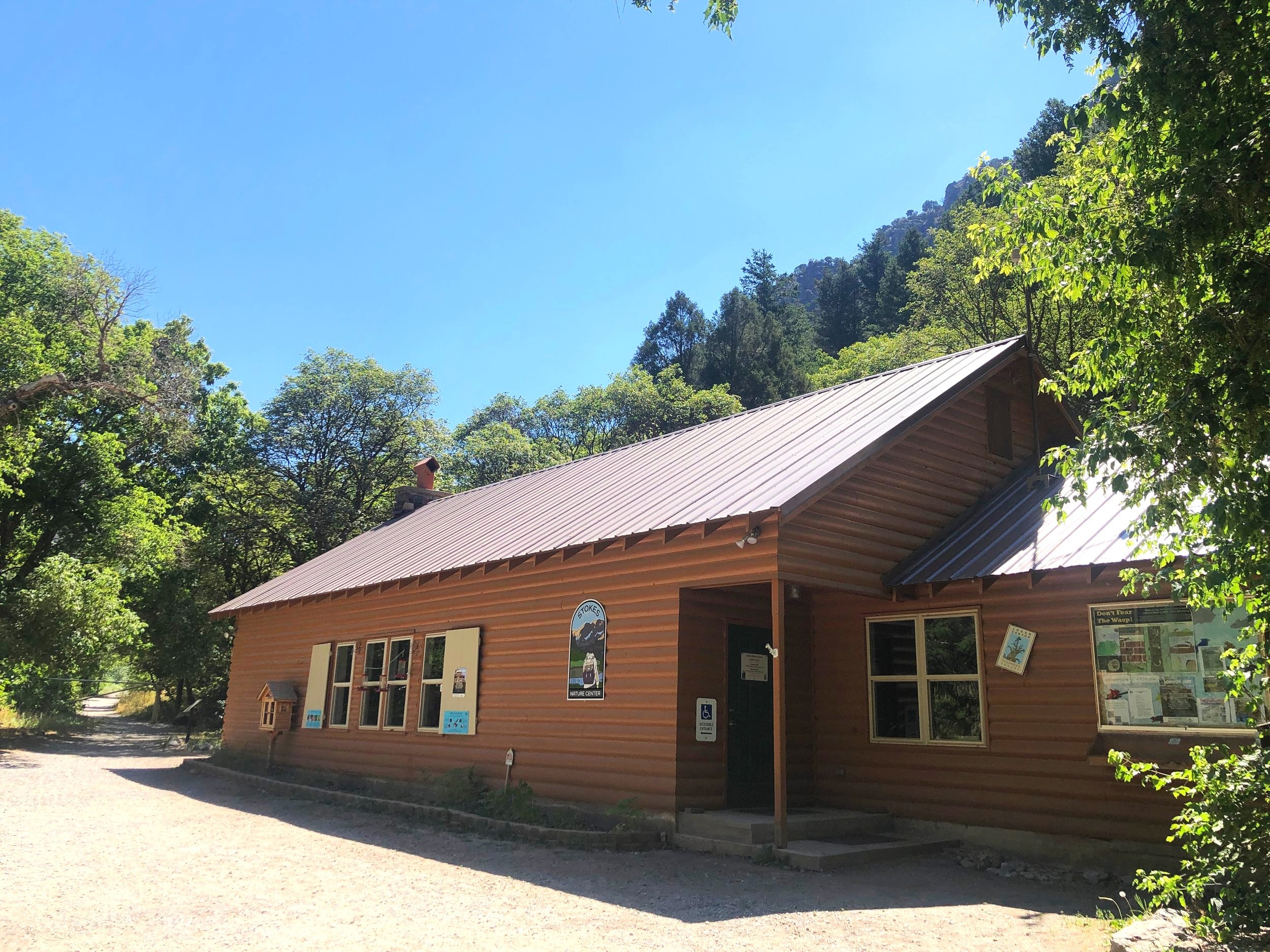Our Education Programs
At Stokes, we strive to bring all people closer to our local landscape. We utilize current best practices in environmental, experiential, and place-based education in order to achieve this ideal.
Our programs are led by experienced and dedicated educators who have a passion for the outdoors.
Kate Hunter is our Director of Programs and oversees our Community Programs. Kate is currently a PhD candidate at Utah State, specializing in bee health and behavior, with an expected graduation in Spring 2024. She earned her B.S. in Animal Ecology/Biology from Iowa State in 2014 and grew up in beautiful Golden, Colorado. During her time at USU, Kate has actively sought opportunities to integrate research and teaching in curriculum development.
Contact Kate at education@logannature.org
Greta is a career environmental educator having previously worked in Wisconsin, Minnesota, Senegal, and Utah. Her expertise ensures that all of Stokes school programs meet current standards, are built with student learning in mind, and utilize the outdoors as a space for deeper learning.
Contact Greta at schools@logannature.org
Sadie Enright started Stokes’ Nature Preschool, the first in Utah. Her years of experience working with our young learners has made the preschool a pillar of the Cache Valley community and inspired generations of life-long explorers.
Contact Sadie at sadie@logannature.org
Our Education Approach
We embrace our pedagogical genealogy stemming from Aldo Leopold, teacher of our namesakes Allen and Alice Stokes, in designing programs which unite people in asking those questions which only the natural world can inspire and honestly answer.
Our Education Mission is:
To strengthen all peoples’ sense of place: uniting information with inspiration, skills with stewardship, and experiences with environment.
Goals:
1. To strengthen all people’s relationship with Logan Canyon’s natural world.
How: Through localized and meaningful educational experiences
2. Support and expand formal educators’ perspectives on the power of informal education.
How: Through practicing approachable and integratable pedagogy
3. Develop and empower staff as impactful educators.
How: Through collaborative and forward-thinking professional development
